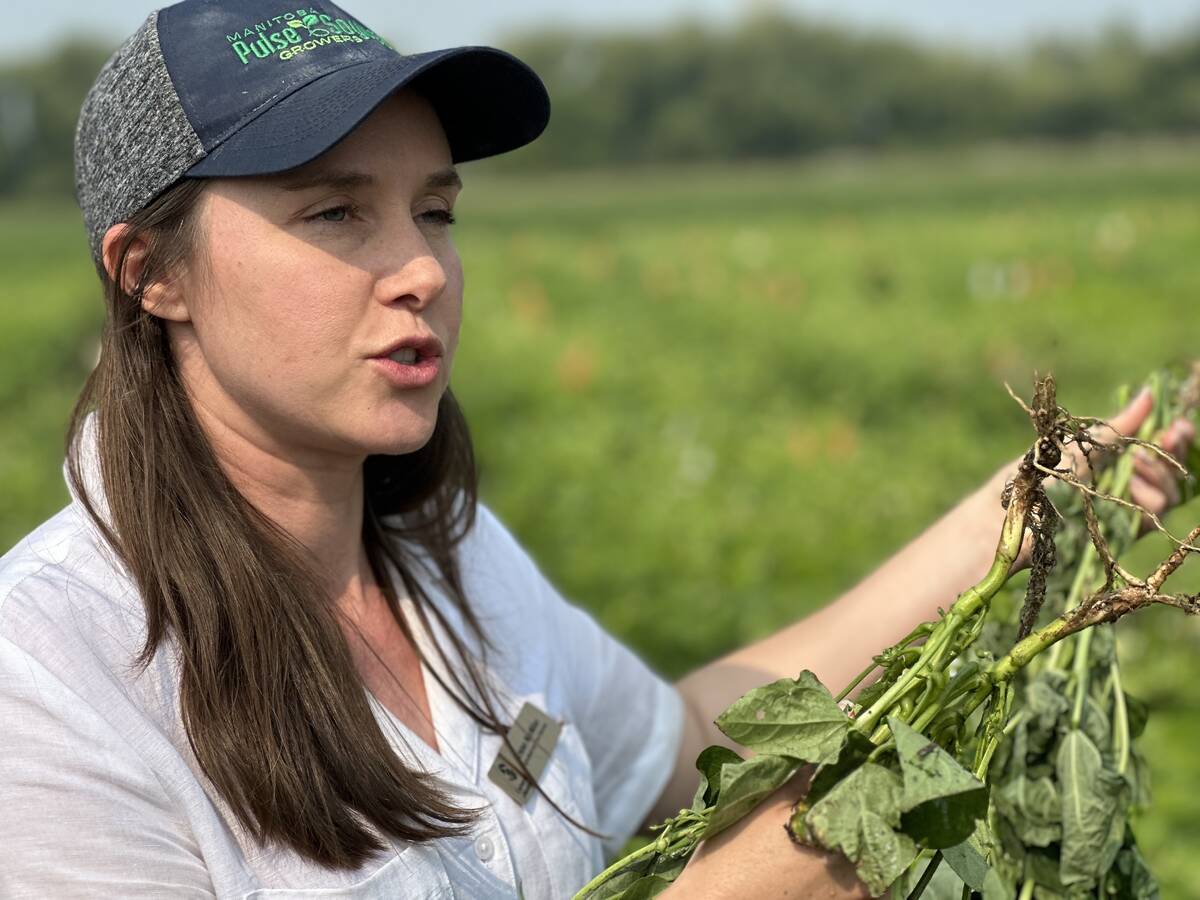A research scientist who discovered glyphosate-resistant kochia in Alberta earlier this year now believes glyphosate-resistant weeds may also exist in Saskatchewan.
Hugh Beckie of Agriculture Canada says officials have received kochia samples from southern Alberta and south and central Saskatchewan, which would be the first to be documented in that province.
“From what I can observe, it may be probable that there is now glyphosate resistance in Saskatchewan,” Beckie said.
The first documented cases in Alberta were found in three chem-fallowed fields in southern Alberta. Subsequent examinations found they had received multiple applications of glyphosate and were now resistant. Beckie said there are now 11 confirmed instances in southern Alberta.
Read Also

Lower nitrogen rates in dry beans could pay off for farmers
Manitoba research is testing whether reduced nitrogen fertilizer in dry beans can maintain yields while cutting costs and lowering greenhouse gas emissions.
“It wouldn’t be a surprise if we had these other cases confirmed,” said Beckie.
More than 20 confirmed cases of glyphosate resistance have been found worldwide dating back to the mid-1990s, which includes resistant giant ragweed and Canada fleabane in southwestern Ontario.
“Field-to-field spread of glyphosate-resistant kochia is likely going to be rapid,” Beckie said in January.
More than 90 percent of kochia populations on the Prairies are already resistant to Group 2 herbicides.














